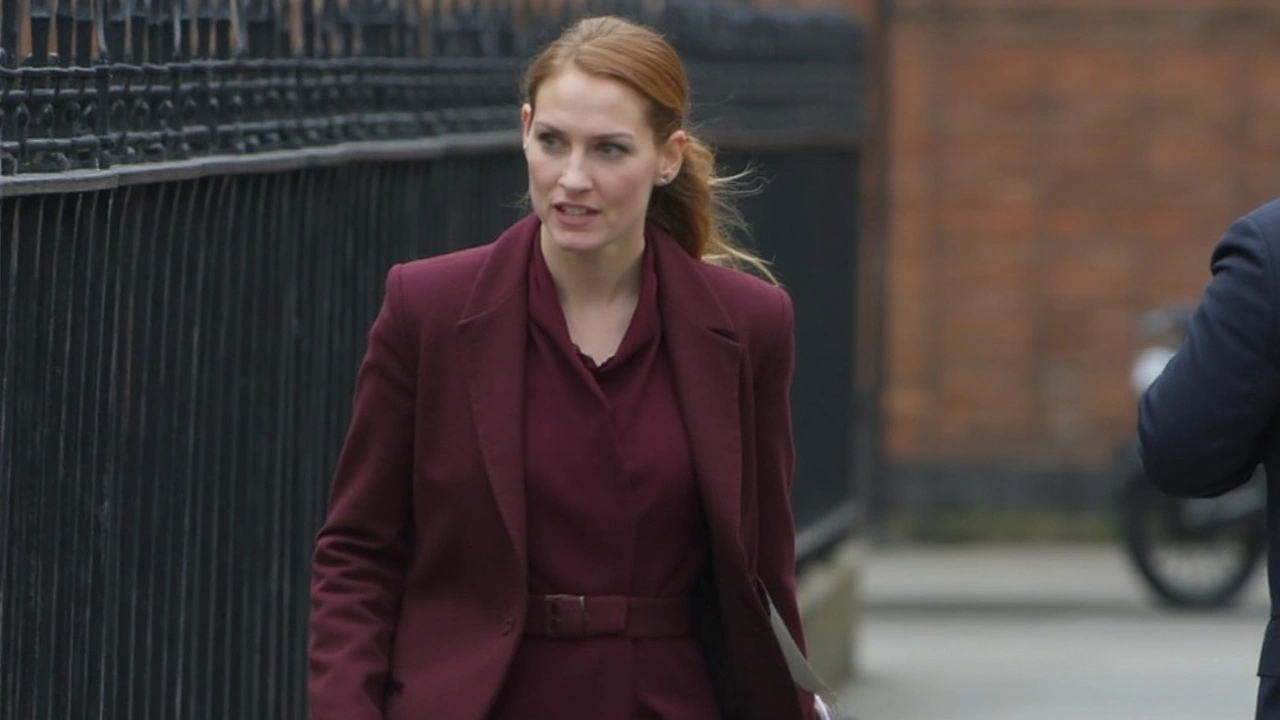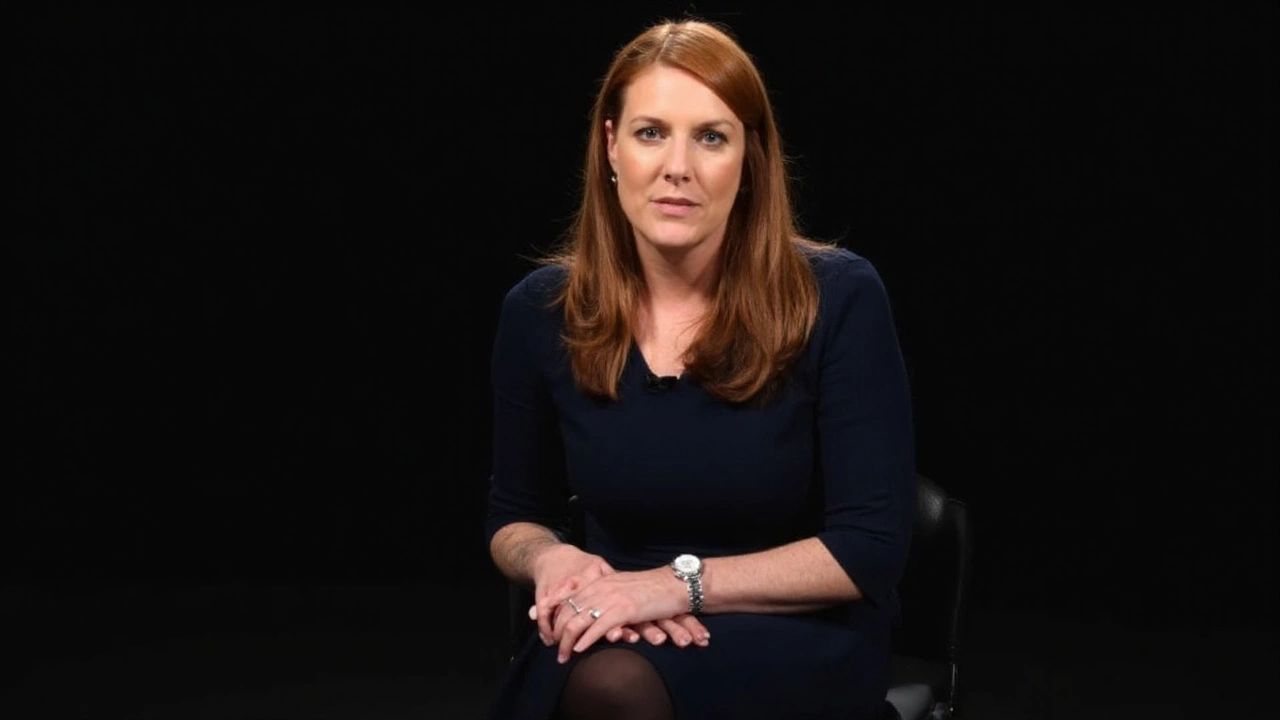What happened and why it matters
A handwritten note from a Prime Minister is rare. Sir Keir Starmer sent one to a departing deputy he didn’t want to lose. In it, he called Angela Rayner a “true friend” and praised her as proof of social mobility. Hours earlier, Rayner stepped down as Deputy Prime Minister after revelations she underpaid her tax — a breach of the standards Labour promised it would uphold in government.
This isn’t just another resignation. Rayner wasn’t only the No. 2 in government; she was the bridge between Labour’s leadership and the movement’s left. With deep roots in the trade union world and a following among activists and members, she gave Starmer’s project political cover in parts of the party that never quite warmed to him. Losing that ballast makes party management harder, and it makes the government look exposed on the very issue — probity — it said would define it.
Downing Street’s message is that standards matter, even when it hurts. But forcing out a senior figure so central to Labour’s identity comes with a cost. The party loses a powerful communicator and organiser. And while there’s no sign Rayner will turn disloyal, she now has a free hand on the backbenches. If she chooses, she can become a focal point for the left and for voters who see her as a straight talker from outside Westminster’s usual mould.
The unanswered details keep the story alive. We don’t yet know the size of the underpayment or whether penalties were applied. There’s no public confirmation of a formal finding under the Ministerial Code or whether the independent ethics adviser was consulted before the decision. Those gaps give opponents room to attack and supporters less to defend.
- How large was the underpayment and has it been fully settled?
- Did the independent ethics adviser play a role, and what was their advice?
- Who becomes Deputy Prime Minister — and will Starmer separate party management from the role?
- Can Labour keep trade unions and left MPs aligned without Rayner at the top table?
Optically, it cuts both ways. Starmer can say he acted on standards. But the government also looks destabilised, and the opposition will press that contradiction at every turn. Tax rows bite because they feel immediate to people who don’t get to negotiate with the system. That’s why this resignation won’t fade fast.

What comes next for Labour and for Rayner
First, the vacancy. Starmer must pick a replacement who reassures different wings of the party and can carry weight across Whitehall. He will look for someone who can keep the government’s legislative drive moving and hold the coalition of soft-left, centrists, and trade unionists that delivered power. The choice will also signal how the Prime Minister intends to balance loyalty with internal reach.
Second, the standards test. Having set a tough line, the government has locked itself in. Any future ministerial misstep — on donors, declarations, or outside interests — will be judged against the Rayner precedent. That’s risky, but it’s also the point of the pledge to clean up public life. Consistency now matters as much as speed.
Rayner, meanwhile, is not disappearing. She has a national profile built on a life story that resonates: care worker, union rep, MP, then a rapid rise through the party ranks. She’s effective on camera, combative at the despatch box, and comfortable in rooms where Labour needs to regain trust. From the backbenches she can pick her battles — on workers’ rights, housing, and cost‑of‑living pressures — and shape debates without the constraints of office.
Expect careful choreography. Allies of the leadership will want her “onside”, perhaps chairing cross-party groups, driving campaigns, or fronting specific policy pushes from Parliament rather than Cabinet. That’s one way to keep her influence constructive and close. But if relations sour, she could rally a sizeable caucus to press the government from the left, especially on unions’ priorities and public sector pay.
The opposition will keep this story in play with questions, urgent statements, and FOI requests. They’ll argue Labour promised higher standards and stumbled at the first serious test. The government will counter that the resignation proves the standard is real. Which line sticks depends on what emerges about the tax case and how quickly Starmer fills the role without triggering fresh factional flare‑ups.
Inside Labour, union leaders and backbenchers will weigh their next moves. Some will worry about losing a trusted voice in Cabinet meetings that decide the pace of reform. Others will see an opportunity for renewal if the successor broadens the government’s reach. Either way, the party has to rebuild a delicate balance that Rayner, by background and instinct, helped hold together.
One more reason this matters: messaging. Rayner connected the party’s headline promises to lived experience. The risk for Labour is less about a single resignation and more about the hole it leaves in its story about who it governs for. Replacing a job title is easy. Replacing that connection is harder.
The immediate next steps are mechanical but telling: a new Deputy Prime Minister, possible tweaks to Cabinet portfolios, and a reset of the government’s standards machinery so it can withstand the next storm. How Starmer handles those choices — under pressure, with critics circling — will shape not just this week’s headlines but the authority of his government in the months ahead.






